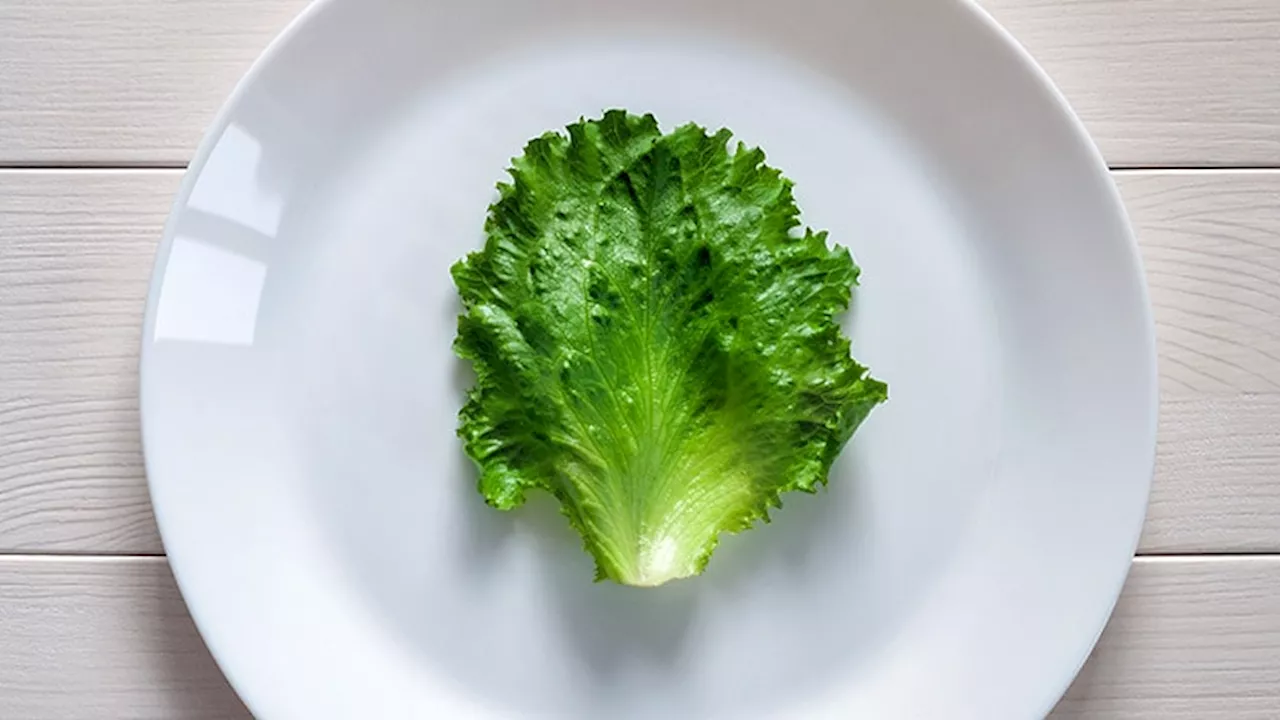Following a medically supervised energy-restricted diet 2 days a week could improve glycemic control in patients with overweight or mild obesity and type 2 diabetes.
Two days a week of a medically supervised energy-restricted diet may lower blood glucose levels in adults with overweight orDaily calorie restrictions and increased physical activity improve glycemic control and induce diabetes remission in patients with T2D , but these approaches are challenging to adhere to.
The three-arm IDEATE study enrolled 326 Asian participants with overweight or mild obesity and T2D and randomly assigned them to receive a diet intervention, an exercise intervention, or routine lifestyle education for 12 weeks.
Diabetes Mellitus Type Ii Type 2 Diabetes Type 2 DM T2DM T2D Diet Exercise Physical Activity Obesity Obese Lipids Lipid Management Metabolism Metabolic
United States Latest News, United States Headlines
Similar News:You can also read news stories similar to this one that we have collected from other news sources.
 7 diet changes that can boost your energy naturallyBoost your energy levels with these simple diet adjustments.
7 diet changes that can boost your energy naturallyBoost your energy levels with these simple diet adjustments.
Read more »
 Think twice before responding to call about energy supply reimbursement creditA viewer was suspicious of the call, so 8 On Your Side searched for answers.
Think twice before responding to call about energy supply reimbursement creditA viewer was suspicious of the call, so 8 On Your Side searched for answers.
Read more »
 Will Clean Energy Infrastructure Projects Consider Neighborhoods With Energy Burdens?Disadvantaged communities typically are sited near power plants belching air pollutants. Clean energy infrastructure needs to address this.
Will Clean Energy Infrastructure Projects Consider Neighborhoods With Energy Burdens?Disadvantaged communities typically are sited near power plants belching air pollutants. Clean energy infrastructure needs to address this.
Read more »
 JPMorgan’s calls for a reality check on energy transition are sensible, UAE energy minister saysThe energy minister of the UAE concurred with JPMorgan's calls for there to be a 'reality check' on the world's energy transition goals and pathway.
JPMorgan’s calls for a reality check on energy transition are sensible, UAE energy minister saysThe energy minister of the UAE concurred with JPMorgan's calls for there to be a 'reality check' on the world's energy transition goals and pathway.
Read more »
 1st Projects Receiving Clean Energy Manufacturing Investments in America’s Industrial & Energy CommunitiesClean Tech News & Views: EVs, Solar Energy, Batteries
1st Projects Receiving Clean Energy Manufacturing Investments in America’s Industrial & Energy CommunitiesClean Tech News & Views: EVs, Solar Energy, Batteries
Read more »
 A hydrocarbon molecule as supplier and energy storage solution for solar energyUntil now, the generation and storage of electricity from solar energy has been dependent on various devices, leading to conversion losses. That may change soon, as chemists at Friedrich-Alexander-Universität Erlangen-Nürnberg (FAU) and other research institutes in Germany, Australia, the United Kingdom, Italy, Sweden and the U.S.
A hydrocarbon molecule as supplier and energy storage solution for solar energyUntil now, the generation and storage of electricity from solar energy has been dependent on various devices, leading to conversion losses. That may change soon, as chemists at Friedrich-Alexander-Universität Erlangen-Nürnberg (FAU) and other research institutes in Germany, Australia, the United Kingdom, Italy, Sweden and the U.S.
Read more »
